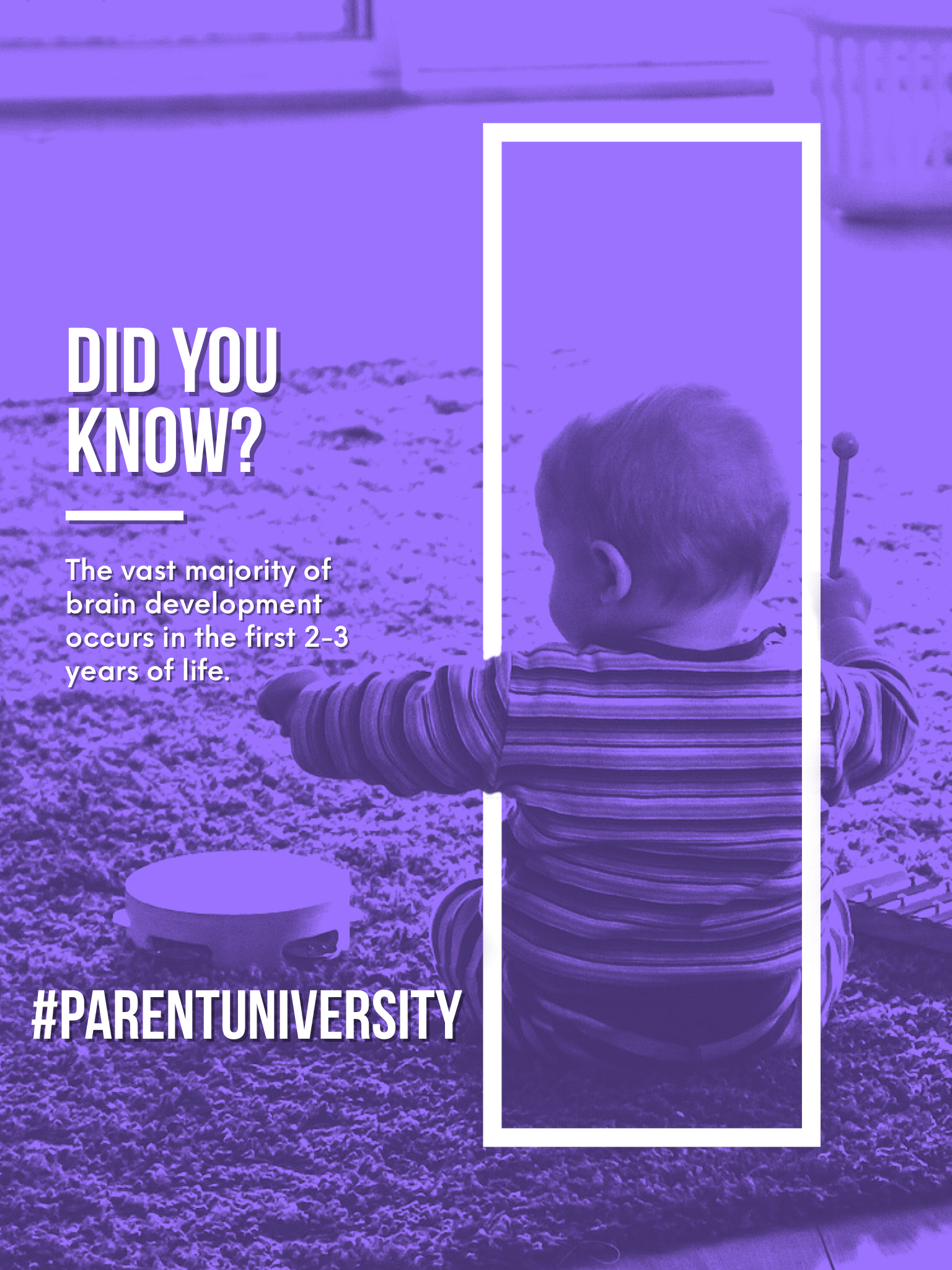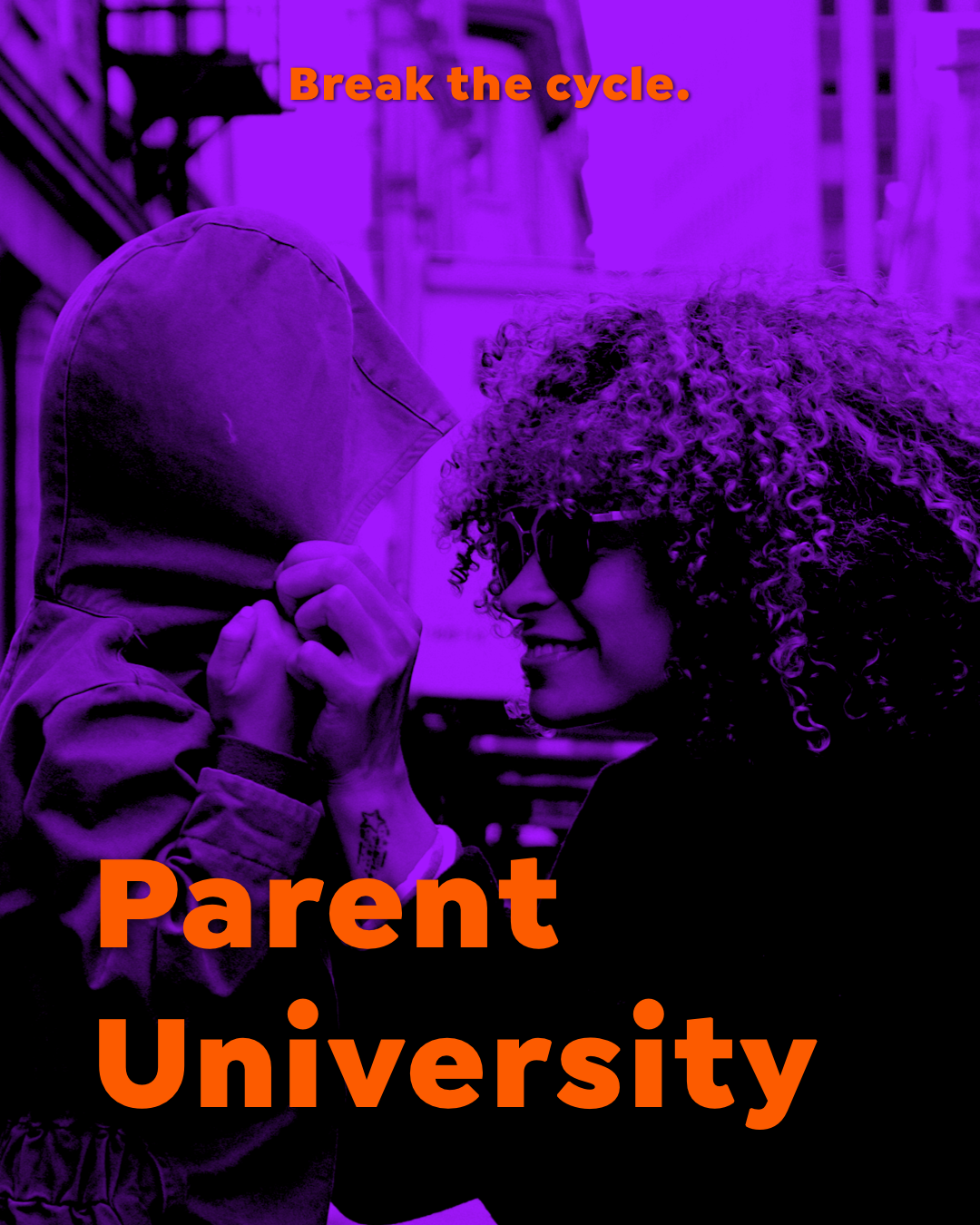Our Research
Interviews of 15 civic leaders (including the Mayor, Chief of Police, Supt of Schools, School Board President, several judges, and more) suggested that the community’s challenges are a multigenerational cycle of poverty, crime, low educational outcomes, teen pregnancy, truancy, and juvenile delinquency; and, unfortunately, are disproportionate by race. Interviews of business leaders suggested that the major community challenge is a better educated work force.
A committee representing Savannah Rotary and Kiwanis Clubs continued the journey searching for the root causes of these challenges in order to articulate a solution. The committee spent two years studying the resources of Savannah, many models around the country, and the body of research on brain development. At the same time an existing Savannah resource, Parent University, provided insight to the culture of urban Black neighborhoods. The following are the major findings of the research:
A recent report on this subject by Dr. Jack Shonkoff of Harvard’s Center on the Council on the Developing Child concludes that “negative” environments at early age not only impede healthy brain development, but actually cause negative development. Other recent research reveals that children that are born into safe, nurturing, language rich environments are much more resilient to negative effects of generational poverty as they grow up.
Another study documents a difference in the “richness” of language in the environment of children birth to 5 years old characterized as “haves” vs. children characterized as “have-nots”. The study found that “haves” hear an average of 20,000 words/day and “have-nots” hear an average of 2,000 words/day. This difference creates a multi-million-word gap even after the first year of age.
Communities live within a social norm where the community dedicates many resources for the education of children starting fundamentally at school age. This social norm expects that the 6 responsibility of the care, nurturing, and education of children prior to school age is the responsibility of parents and family. The culture in which Black urban parents live accepts that the education of their children begins at school age, is the responsibility of public schools, and that the schools have failed to educate children. The culture does not promote that fact that parents are a child’s first teacher. The belief that schools have failed in their responsibility creates an antipathy between parents and educators and education. High quality childcare is difficult to maintain in impoverished areas because insufficient revenue is available from tuition to sustain “high quality”.


